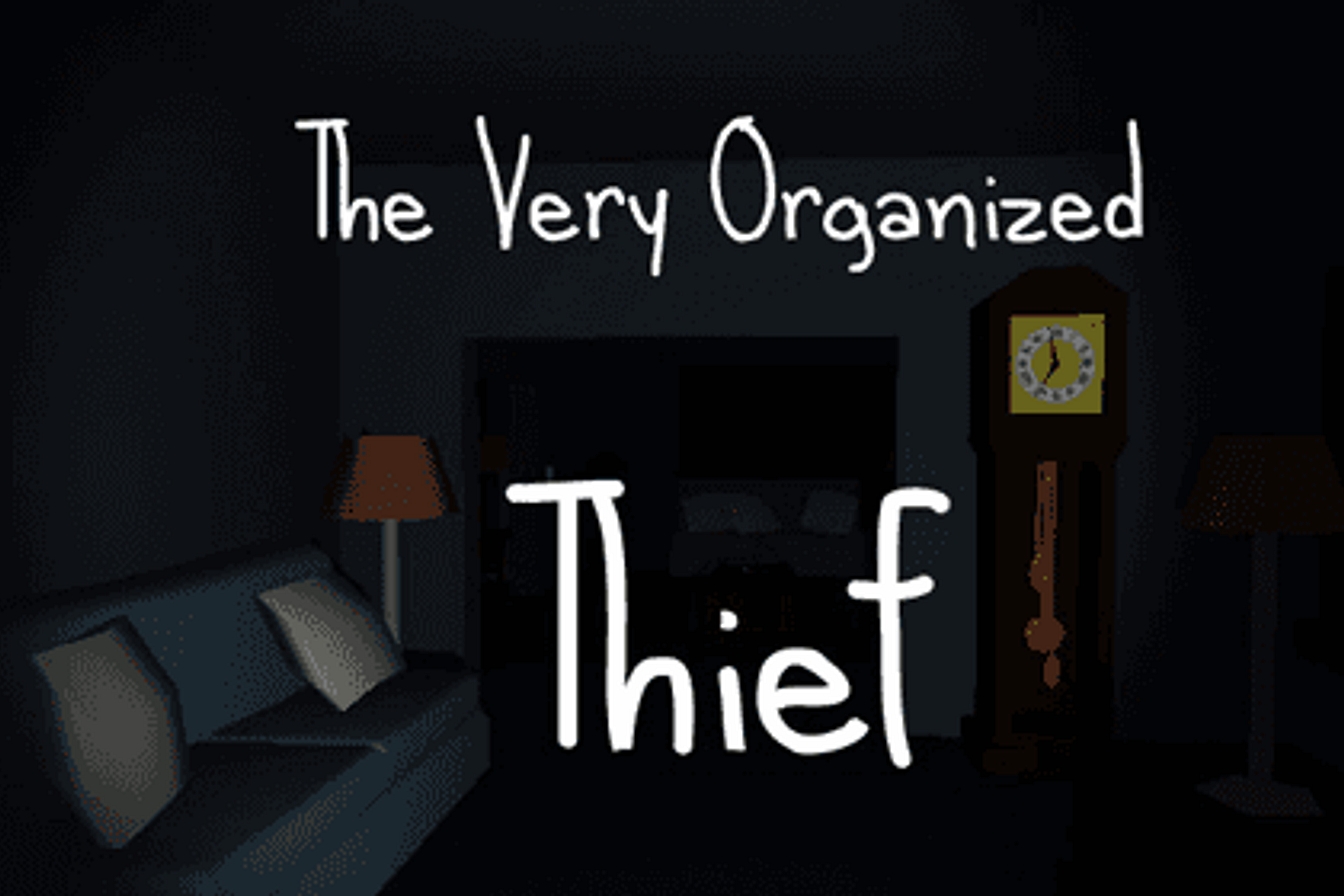

There is also a strong coupling of targeted gender identification and the types of affection made playable.

Notable patterns from the content analysis include indications that kissing and sexual affection are most common, while hugging games are the rarest. The content analysis provides the attributes through which the affection games are clustered. These are flirting, hugging, kissing, and sexual affection. This paper organizes affection games into a simple classification based on their game verbs. The paper provides a content analysis of affection games and an overview of their preponderance on the web. This paper defragments the diverse set of affection games, collecting, cataloging and describing the games in detail.

Affection games in digital play exist as somewhat esoteric clusters across a variety of cultures and super genres. Interestingly, while the physical world of analog play has many such activities, the digital world has been relatively limited in affording players the ability to express affection as the primary game goal. Finally, I present an alternative vision for e-learning in HE.Īffection games are ludic experiences in which players are required to express culturally recognized expressions of liking as a primary goal in the game.
#Moolah babyyy the very organised thief game no download professional
I reflect on the implications of this for HE and for society, and for the professional practice of Learning Technologists. Furthermore, it is channelling e-learning into a restricted form that limits any possible pedagogical or egalitarian opportunities that the judicious application of digital technologies in HE teaching and learning might support. I argue that this problematic framing of e-learning is intensifying the negative impacts of neoliberalism on HE’s role as a public good, as well as exacerbating social inequalities. While neoliberal ideology is privileged and promoted across the corpus, alternative value systems are not. Furthermore, many of the claims made are exaggerated, unsubstantiated, contradictory, and even duplicitous, or are justified via reference to contested discourses. The policies also persistently reflect a deterministic and uncritical perspective towards technology. Taken together, the two prongs of my analysis demonstrate that − although there are variances in different contexts and at different times − overall, the policies considered were motivated by neoliberal imperatives aimed at placing HE within the realm of the market and enhancing the UK’s economicĬompetitiveness. My analysis, therefore, also examined the role of visual presentation, lexical choices, and rhetorical techniques in communicating the policies. Indeed, ideologies can be both enacted and obscured by language (Jones and Stilwell Peccei 2004 Henriksen 2011). How policy is communicated and presented is as important as what is said (Barnett 2000). My critique, therefore, considered each document within its historical and socioeconomic context, and examined the extent to which the three master narratives were evident both over time, and across England, Scotland, and Wales. CDA sees the wider context as essential to making sense of a text (Bloor and Bloor 2007 Van Dijk 2008). My second mode of analysis was a detailed Critical Discourse Analysis (CDA) of each document. Through an ideology critique of these master narratives, I uncovered and unpacked the motivations underpinning claims made in relation to e-learning. These were then clustered around a trilogy of master narratives: Marketisation, Instrumentality, and Modernisation. First, via thematic analysis (Braun and Clarke 2006) of the corpus I identified recurring themes. Thirteen policy texts were analysed via two critical lenses. The enquiry is grounded in the Critical research paradigm’s intention to expose, critique, and ultimately overcome sources In this dissertation I attest that e-learning policies relevant to HE issued by government departments and non-departmental public bodies in the United Kingdom (UK) between 20 were predominantly underpinned by neoliberal ideology. Both as discourse and as practice, e-learning in Higher Education (HE) is shaped by many factors, the most critical of which are the political motivations driving its adoption.


 0 kommentar(er)
0 kommentar(er)
